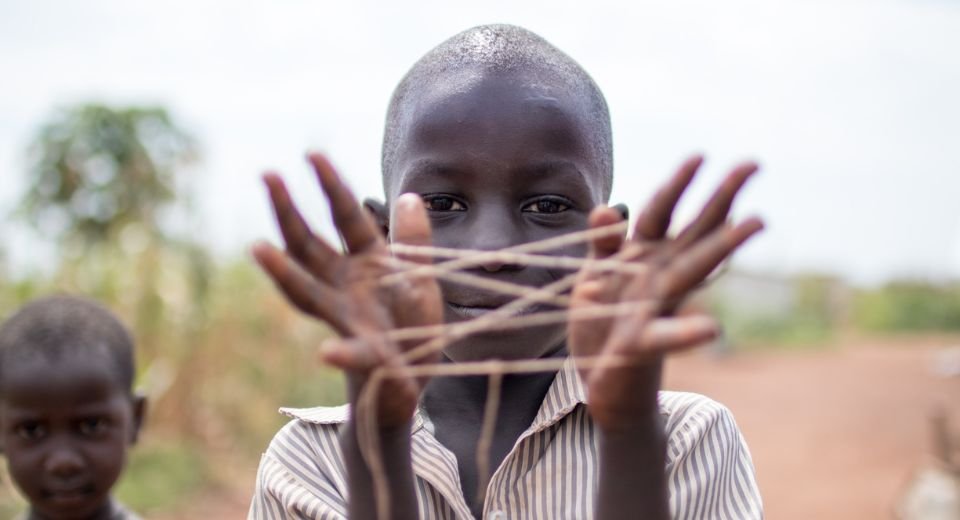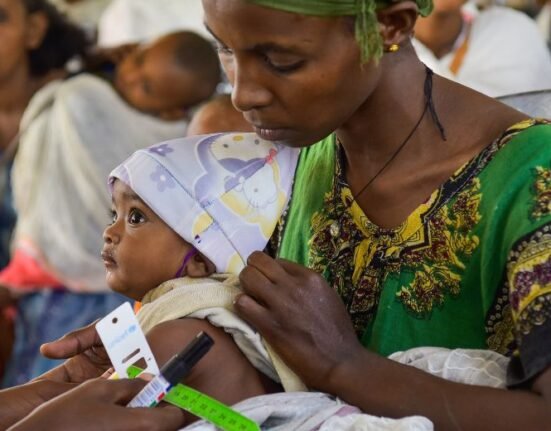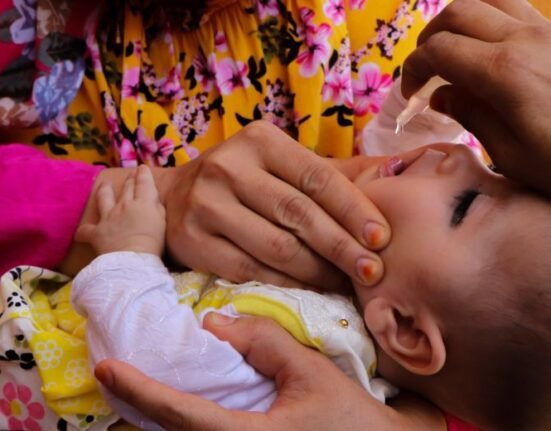HQ Team
September 2, 2023: Children living in the Central African Republic, Chad, Nigeria, Guinea, Somalia and Guinea-Bissau are most vulnerable to cyclones, heat waves, access to essential services and other environmental shocks, a new UN report revealed.
Children in 48 of 49 African countries assessed in the report were found to be at high or extremely high risk of climate and environmental shocks. Of the total, 39 African countries, fell under ‘extremely high’ or ‘high’ risk categories.
Only 2.4% of global climate funding targeted children, with an average value of just $71 million per year, according to the report.
“It is clear that the youngest members of African society are bearing the brunt of the harsh effects of climate change,” said Lieke van de Wiel, UNICEF Deputy Director for the Eastern and Southern Africa region.
“We need to see a stronger focus of funding towards this group, so they are equipped to face a lifetime of climate-induced disruptions.”
African Climate Summit
The report came ahead of the African Climate Summit, an annual event taking place between September 4 and 8 in Nairobi, Kenya, and leaders from across the continent would highlight the need to push for increased investment in climate action.
Top UN officials including Secretary-General António Guterres and the UNEP Executive Director, Inger Andersen, will attend alongside over 20 Heads of State and Government and other world leaders.
Children were more vulnerable than adults to the effects of climate change, according to UNICEF.
They are physically less able to withstand and survive hazards such as floods, droughts, storms and heatwaves and are physiologically more vulnerable to toxic substances such as lead and other forms of pollution.
Challenges in ensuring access to quality services in areas such as health and nutrition; water, sanitation and hygiene (WASH), and education, heighten their vulnerability.
Long-term change
Children and young people are instrumental in long-term change and sustainability, and they must be part of climate solutions, including policy and financing, according to the report.
The summit represents an unprecedented opportunity to address the increasing impacts of climate change on “human mobility” in Africa, the International Organization for Migration (IOM) stated.
Last year, more than 7.5 million internal disaster displacements were registered in the African continent.
Without efficient and sustained climate action, up to 105 million people in Africa could become internal migrants by the end of this year, according to a 2021 report.
“We have officially entered the era of climate migration,” said IOM Director General-Elect Amy Pope, stressing the need for urgent solutions.
At the Africa Climate Summit, IOM will officiate over the signing of the ‘Continental, Kampala Ministerial Declaration on Migration Environment and Climate Change’, known as KDMECC-AFRICA.








